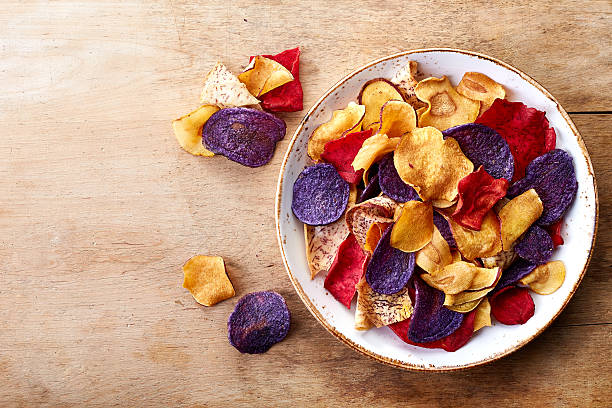Veggie sausage or other meat substitutes are not only trendy among vegetarians and vegans, even “meat-eaters” like to use alternatives. Stiftung Warentest tested 20 meat-free products – with a disappointing result: only six of the 20 meat imitations tested received the test result “good”. Worrying mineral oil residues have been found in some products. EAT SMARTER has the test winner and the loser.
Veggie sausage and Co. in the test

Stiftung Warentest examined 20 meat substitute products for its current October issue. From seitan schnitzel and veggie sausage made from lupines to soy meatballs, the entire range of veggie products was examined. Of the 20 foods tested, eight products were bratwurst imitations and six other products were meatless meatballs and schnitzel.
In addition to established branded products, discounter goods were also tested with regard to animal DNA, harmful substances, additives, and protein and fat content. The test verdict: Only six meat substitutes were rated “good”, and the majority received the grade “satisfactory”. For five of the eight veggie sausages examined, it was only enough for the rating “sufficient”. One of the tested escalopes failed completely with the grade “poor”.
The test winners and the losers
The following products scored “good” in the test:
- Veggie sausage and veggie schnitzel from Valess (both 2.0)
- Bratmaxe veggie grill from Meica (2.2)
- Vegetarian meatballs from Rügenwalder Mühle (2.3)
- Vegan soy schnitzel from Edeka Bio+Vegan (2.4)
- Meatball vegetarian from Heirler (2.5)
The big loser in the test is the veggie schnitzel from Rügenwalder Mühle. During the investigation, 400 milligrams of mineral oil components per kilogram were detected in the product. So it’s no wonder that the “Schnitzel” came last in the test with a poor rating.
According to the Stiftung Warentest, the European Food Safety Authority (EFSA) classifies the found mineral oil hydrocarbon Mosh (Mineral oil saturated hydrocarbons) as “potentially alarming”. Mineral oil was also detected in five of the eight veggie sausages tested but in significantly smaller quantities.
Contaminants of Concern and Critical Ingredients

How do pollutants get into these veggie products? One reason for the increased mineral oil content may be white oil, which is used as an auxiliary in production, reports Stiftung Warentest. In addition, there is still no limit for Mosh.
The legume soy, which is particularly popular with vegetarians and vegans, can also be a critical component. In the main cultivation country, Brazil, the rainforest is being cleared for cultivation areas, and there are also genetically modified plants.


